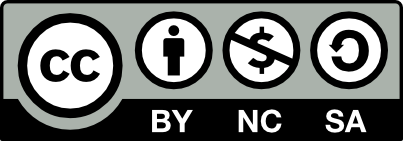Role of Beta Blockers and Band Ligation in upper gastrointestinal tract bleeding.
Main Article Content
Abstract
Objective: To sort out the combine role of beta blockers and band ligation in upper gastrointestinal bleeding
Methodology: In this prospective observational study 563 patients were included, (mean age 47 ±6 years, males 69%) with liver cirrhosis and deterioration from Medical ward Mayo hospital Lahore. All the patients had cirrhosis and esophageal varices confirmed by endoscopy. In hospital cirrhotic patients with hypertension and liver cell deteriorations. All the record of betablocker use and band ligation was carefully recorded. Data regarding patient presentation and characteristics were keenly monitored and observe with treatment and improvement as major variables. Mortality was taken as major influential factor. Linear regression model was used.
Results: Overall, there were 426 patients getting pharmacological treatment and have band ligation treatment simultaneously. One Hundred and thirty-seven had gastrointestinal bleeding during study time. Standard deviation of patients who had no recurrence of bleeding from last two years was 67±4. Low level of serum albumin, presence of ascites, and treatment with betablockers were the only independent variables that directly influenced the bleeding. The percentage of patients who had only once bleeding during study period was 23±2 percent. The major effects by be ta blockers were preserving after band ligation of source of bleeding.
Conclusion: This study demonstrates that best treatment of bleeding in upper gastrointestinal tract is beta blockers, with the use of b and ligation where it is needed. Strict monitoring and guidelines should be under consideration before stop the beta blockers upper gastrointestinal bleeding patients.
Keywords: Beta blockers, Band Ligation, Upper Gastrointestinal Tract
Downloads
Article Details
Journal of Muhammad Medical College (J Muhammad Med Coll) belief that all researches are basically conducted for the benefit of humanity. Research is the product of an investment by society and consequently its fruits should be returned in a transparent fashion to all humankind without any discrimination.
Journal of Muhammad Medical College is an open access journal which means that all content is freely available without charge to users or / institution. When used non-commercially all users are allowed to read, download, copy, distribute, print, search, or link to full text articles in this journal without asking prior permission from the publisher or author as long as original author(s) are acknowledged.
Journal of Muhammad Medical College operate under Creative Common License CC-BY-SA that allow reproduction of articles free of charge, for non-commercial use only and with the appropriate citation information. All authors publishing with Journal of Muhammad Medical College accept these as the terms of publication.

This work is licensed under a Creative Commons Attribution-NonCommercial-ShareAlike 4.0 International License